Since we have our own sheep and place to work now things have evolved. The biggest thing is working primarily by myself. It brings a whole new dimension to training. Mostly, I have to think on my own and by doing so it helps increase my confidence.
Confidence is a funny thing. As many of you know I have been working through issues resulting from PTSD and anxiety. In particular I have been exploring how that is related to my pattern of self destruction at the post.
I have been trying to fit it all into a neat little package, then apply a 'cure' and POOF I am healed!
Uhh, nope, it isn't working. It is complicated and messy. Anyone close to me knows I over-think sh!t. It is me, it is who I am. By over-thinking and examining all sides to an issue I am able to understand.
I have mentioned how ego plays into mistakes I have made in the past. It is almost as if I blame my 'ego' as the harbinger of evil intentions. That is not correct, to understand what is happening I needed to understand how the 'ego' functions and the role is plays in what is happening.
Bear with me a bit - it might be a little technical, but in order for me to explain my epiphany I need to give the background that got me there.
What is Ego? (paraphrased from the writings of James Harvey Stout - deceased)
- The Healthy Ego is our identity and individuality. It is who we believe ourselves to be. As our identity is sets us apart from other people's identities. It provides our sense of being separate from other people and the world in general by creating 'boundaries', our ego distinguishes itself as being unique. Through a healthy ego we are able to differentiate where you end and others begin.
- Differentiation is developed in childhood.
- For example: A child gets an F on a test.
- In a healthy scenario the parents may react with disappointment, but will differentiate between the F and their child. The child is NOT the F. The child is NOT the behavior. The child is the child who needs some help to avoid another F in the future. The child is able to differentiate between the F and themselves.
- In an unhealthy scenario the child becomes the F. The child hears "What is wrong with you? You deserve the F. You can't do anything right. YOU ARE the F. YOU are a failure." The child is unable to differentiate between the F and themselves or their parents opinion. They become the failure, they mirror the projection.
- The ego functions like the executive branch of government & organizes our perceptions, functions as an interface between it and the outside world. It makes decisions, implements our will, mediates between our inner world. It is the 'eye' from which we look at the world, the center of our consciousness.
- The ego is a pattern and a symbol. A compilation of images, thoughts and perceptions that represent 'us' to ourselves.
- Ego as a symbol: The ego associates itself with other symbols, such as power, pride and prestige. (This can go in the opposite direction as well, the ego can lock an individual into a pattern of dysfunction where it associates itself with failure - "I am a failure, thus I do not deserve anything nice.") The ego does not experience anything directly; it can only interpret the experiences and input from other sources, the body, feelings, self or senses. The ego seeks fulfillment through symbolic goods it acquires and seeks immortality through the symbolic goods it produces.
- Ego as a pattern: It is our continuity; the ego says "I am this type of person." This continuity gives the ego a sense of security and stability, (good or bad), yet is dynamic and in constant change, sustained by various means:
- Our memories in which we selectively embrace occurrences that support concepts about ourselves, but are dynamic in change because reality is not static. (e.g."You are a Failure!")
- Our self-image - based on our memories, perception of self and ever changing feelings and thoughts. (e.g. memory of the 'F')
- Our habits - which suggest, through repetition that we are indeed a particular type of person. (e.g. several failed tests = proof I am the 'F')
- The ego is a sentry. It analyzes situations as threatening or beneficial, largely on the basis of it's impact to our ego's pattern & symbols. Thus it reacts to insults, damage to it's symbols and challenges to its patterns and habits (physical and mental). Contrarily, threats to the body are managed largely by instinct (flight or fight response). For example: You are being robbed at gun point. The ego needs to be controlled because it may be less concerned about the body's well being than with the indignity of being robbed, causing you to antagonize the robber rather than giving him the money - which could lead to the body being hurt.
For me, my ego is has patterns and symbols that are based on lies. Lies that I told myself, lies I heard, and perceptions that are wrong. I have difficulty in differentiating where others end and I begin. I am too often swayed by others opinions. When someone tells me something, kind or critical, I internalize it and it becomes me, a representation of myself, another symbol for my ego to pattern itself on. Not unlike the child who thinks they are the "F".
Lack of differentiation causes you to feel powerless.
(Following paragraphs are paraphrased from 'The Psychology of Shame: Theory & Treatment of Shame Based Syndromes" by Gershan Kaufman.)
The need for power, fundamentally is the need for inner control over one's own life. It is a need to influence one's own environment, to feel consulted, to have an impact, to feel heard. To experience choice is to feel power, to be able to predict and control what happens.
Perception of a situation is critical to producing one's feeling of powerlessness. A sudden unexpected sense of uncertainty externally imposed, coupled with no control, creates the experience of powerlessness.
When one feels powerless, one feels nothing can be done, that something vital has been wrenched away, that one is powerless to stop it. Human beings are psychologically wired for a need for power, a need for a measure of personal control. The human need for power is not inherently a need for power over others, but instead a need to feel in command of one's own life. Power seeking is usually a result of powerlessness and shame that have been excessive or prolonged. In such cases power is likely to be relied upon exclusively to protect the self, compensate, reverse rolls etc.
The need for power is also related closely to the need for differentiation. Differentiation is the instrument through which individuation occurs. To differentiate is to say "I am different."
Here is where the two needs are related. Having control over your body, mind and environment enhances the inner sense of power and the need to differentiate.
With PTSD powerlessness was an integral part of what brought me here. Prolonged powerlessness, shame, lack of control over my physical being, mind and environment.
Are you with me still? Let's take a break and look at a pretty picture.
Just looking at Brynn's goofy monkey face makes me forget oodles of icky sh!t.
How does that translate into what is happening to me at the post?
You see, since I have a poor ability to differentiate my mind tells me lies "YOU ARE the bad run", "YOU ARE the worst", "YOU ARE a bad handler", "YOU ARE undeserving", "YOU ARE bad", and so on...
Those are all lies I hear in my head before I get to the post. Those are lies I hear in my head when I retire or finish the course. Conversely my mind is so locked into that negative thought pattern I am unable to allow myself to feel accomplishment, reward or encouragement. My ego has been holding on to this negative pattern for so long that I feel like any positive input is the lie.
When I walk to the post I carry this self-inflicted burden. I feel like I am unworthy, an imposter, a fraud. Because I am unable to differentiate myself from the negative thought pattern, it is tantamount to the level of anxiety I feel. Thus I begin to self destruct. I 'become' the run & a self fulfilling prophecy. My whistles become shrill, I panic from perceived powerlessness and it all goes to hell in a handbasket, while my brilliant little dog tries to save the day, responding to the anxiety I project.
Knowledge is power. Power over the shame. Power over the helplessness.
Power allows for differentiation. Power allows me to escape the shame that binds me to the lies.
One small step forward in this life long journey. Perhaps it will lead me to a healthy way of looking at myself for the first time in my life.
Its all good, moving forward to the future.
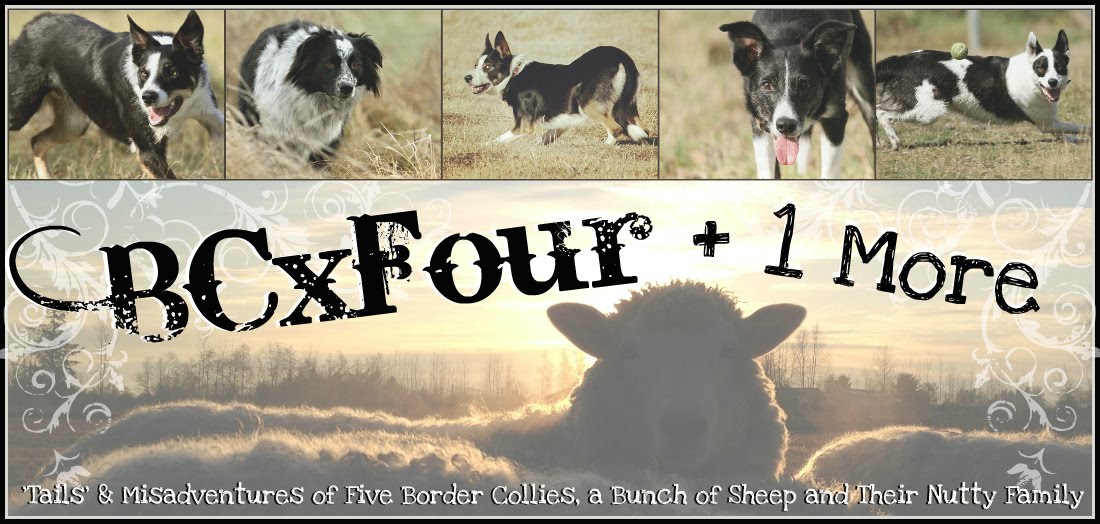
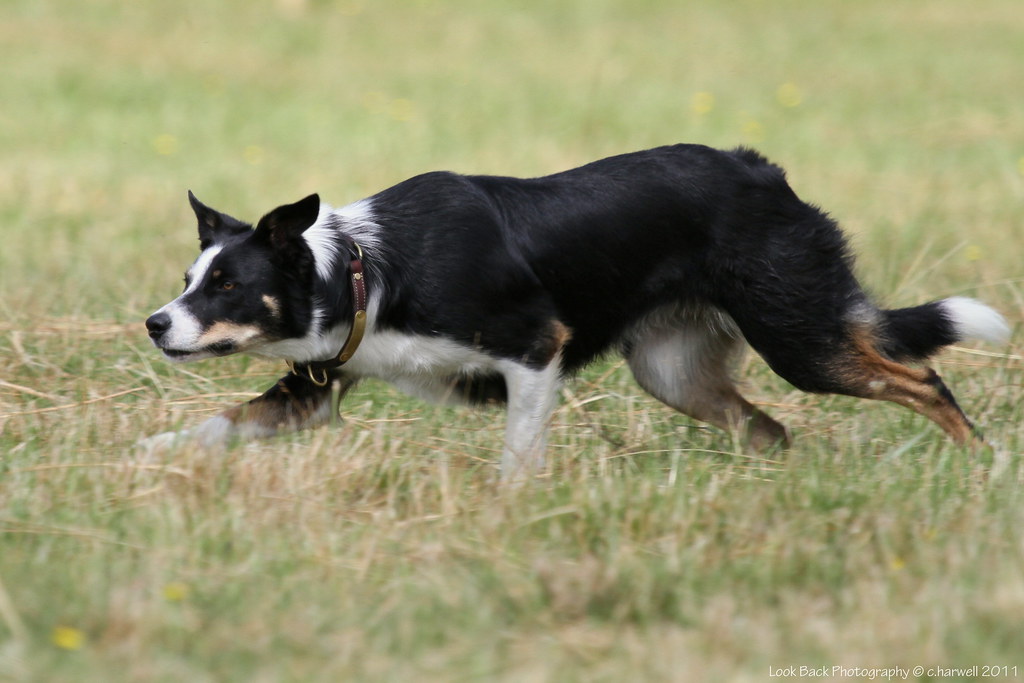

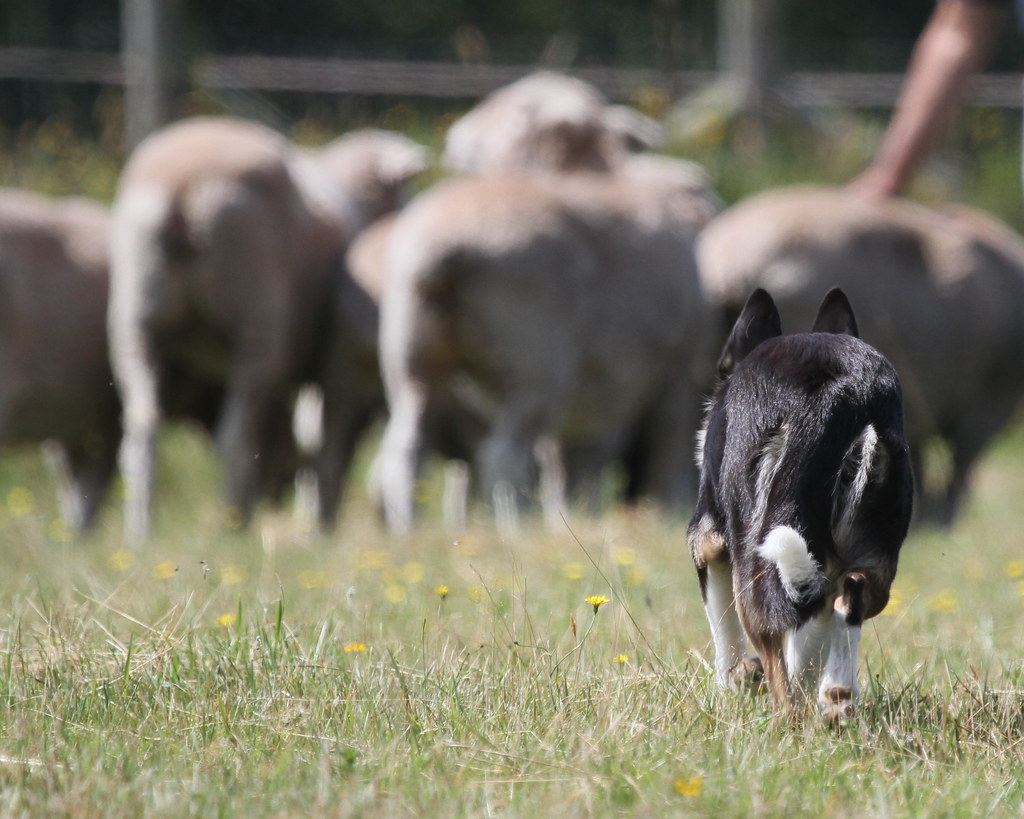
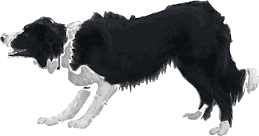









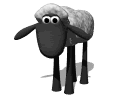
1 comment:
Very nice post Carolyn. With both my parents being in the psychology field, I've always had an interest in the psycological mind. Many books I've picked up off the shelf when I was young :) And I over analyse everything to understand it too. Enjoyed reading it.
Post a Comment